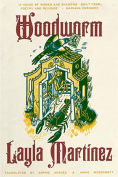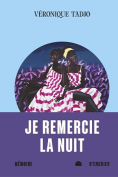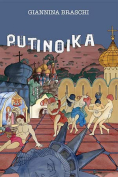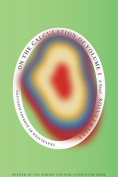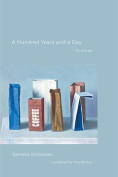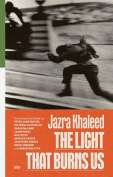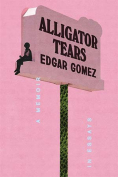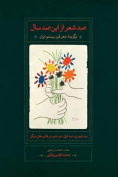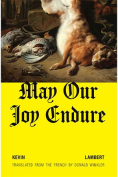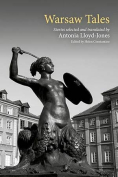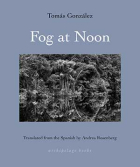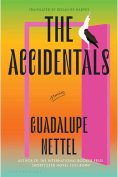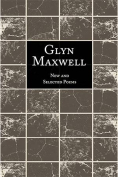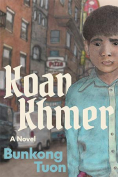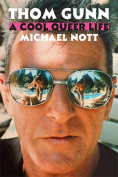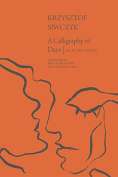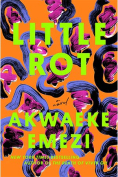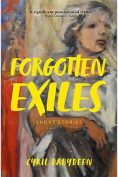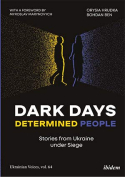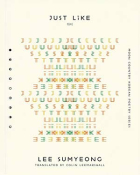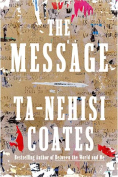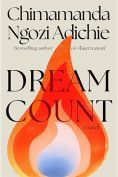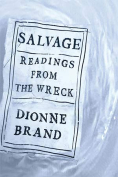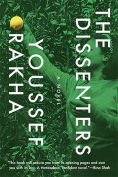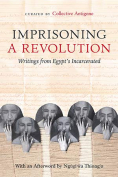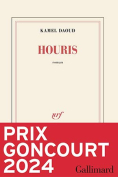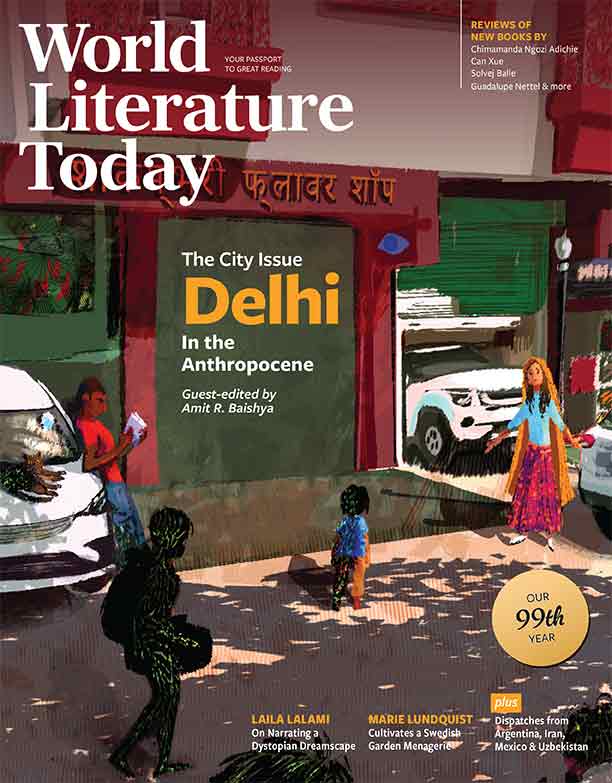Dark Days, Determined People: Stories from Ukraine under Siege by Orysia Hrudka & Bohdan Ben
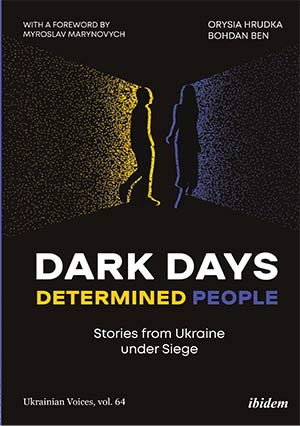
Stuttgart, Germany. Ibidem Press. 2024. 266 pages.
Packed with firsthand accounts of resilience, survival, and fortitude, Dark Days, Determined People captures the innovation, the determination, and the individual fortitude each and every Ukrainian has displayed since February 24, 2022. Authored by two Euromaidan Press journalists—Orysia Hrudka and Bohdan Ben—Dark Days provides the social, political, and economic contexts of life in Ukraine during the war. Hrudka and Ben focus on people of different social and economic backgrounds, whose goal since the war’s early days has not only been to save Ukraine but to also save their fellow Ukrainians, preserve Ukrainian culture, and watch Ukraine enter a new era of independence and sovereignty, freed from the historical shackles Russian influence has always placed on Ukraine’s land, resources, and people.
Like Marina Sonkina’s Ukrainian Portraits (2023), Dark Days embraces a theme that can easily be applied to most Ukrainian narratives translated and published during the full-scale invasion—life continues and people adapt, despite the trials and tribulations plaguing them. Hrudka and Ben incorporate the stories of businessmen who transform their successful restaurants into volunteer-staffed food services that feed the besieged city of Chernihiv. Other businessmen take up the task of evacuating the bodies of fallen soldiers while facing danger from Russian artillery and troops. In other stories, internally displaced persons arrive in cities and villages, completely at the mercy of others, only to put Ukraine’s cause ahead of their own worries by asking how they can use their technical and professional skills to help the war effort.
However, the fact that Dark Days, Determined People even exists is also a testament to the need for literature and creativity during wartime. As Ukrainian artist and musician Hryhoriy Lukyanenko attests in the essay “The Song That Will Last,” “Even during times of war, it is critical to foster culture. Because we are primarily fighting for our culture.” The sentiment resonates with the large-scale endeavors of Ukrainian fiction, nonfiction, and poetry writers—and even their translators—who have worked tirelessly to show the world the war’s true human and cultural cost as well as its sociopolitical and environmental impacts. Their writings have contributed significantly to decolonizing the world literature canon, which primarily focused—until recently—on the contributions of Russian writers. Hrudka and Ben’s compilations are a significant offering to this canon. Its narratives are distinctive records, ones that openly combat the flood of dehumanizing Russian propaganda that has infiltrated media outlets and influenced governments across the globe.
As the atrocities in Ukraine all but fade from newsfeeds and headlines, and as military and humanitarian aid from the US and Europe once again becomes a political flashpoint, Hrudka and Ben’s writings gain even more importance. Essays such as “Sniper-Theologian” capture how funding for equipment—including high-powered sniper rifles—became a common goal for individuals and communities across Ukraine. In “Sniper-Theologian,” theologian-turned-sniper Yuriy Chornomorets shares his experiences of procuring weapons and helping to form various platoons. “They think I can procure anything, but I can’t,” states Chornomorets. He acknowledges that he could “only find weapons available in the civilian market,” which “included a range of sniper and other rifles—all of which could be purchased after passing tests on psychological health.”
Hrudka and Ben magnificently capture Ukrainians’ selflessness, too, in pieces like “Wings.” “Wings” follows Maria Berlinska, who in 2015 volunteered for the Ukrainian armed forces. Her experience gives her an extremely pointed insight into the full-scale invasion and its global consequences: “Ukrainian soldiers are buying time, not only for their families, at the cost of their lives and health, they are buying time for the entire Western civilized world.” Maria’s story mirrors Serhiy’s, a photographer-turned-drone-operator who uses his skills against Russian aggression. “Wings” highlights drone warfare tactics that have, in many ways, revolutionized and redefined modern warfare. The essay’s zenith, however, is its sharp, crisp explanation of the innovative and ingenious work of Ukrainian engineers advancing and modernizing Ukraine’s military weaponry.
Dark Days, Determined People is a display of bravery. The book flourishes with courage, not only from Ukraine’s soldiers and volunteers but also from reporters like Hrudka and Ben, who dare to venture into war-torn cities like Irpin, Chernihiv, and other Ukrainian regions to deliver realistic, honest, and prolific reportage. In this formative book, Orysia Hrudka and Bohdan Ben transform not only reporting from Ukraine but also the quality—and importance—of nonfiction writing during this critical time in Ukraine’s history and existence. (Editorial note: WLT’s July 2022 city issue featured firsthand accounts from Odesa and Kharkiv.)
Nicole Yurcaba
Southern New Hampshire University
